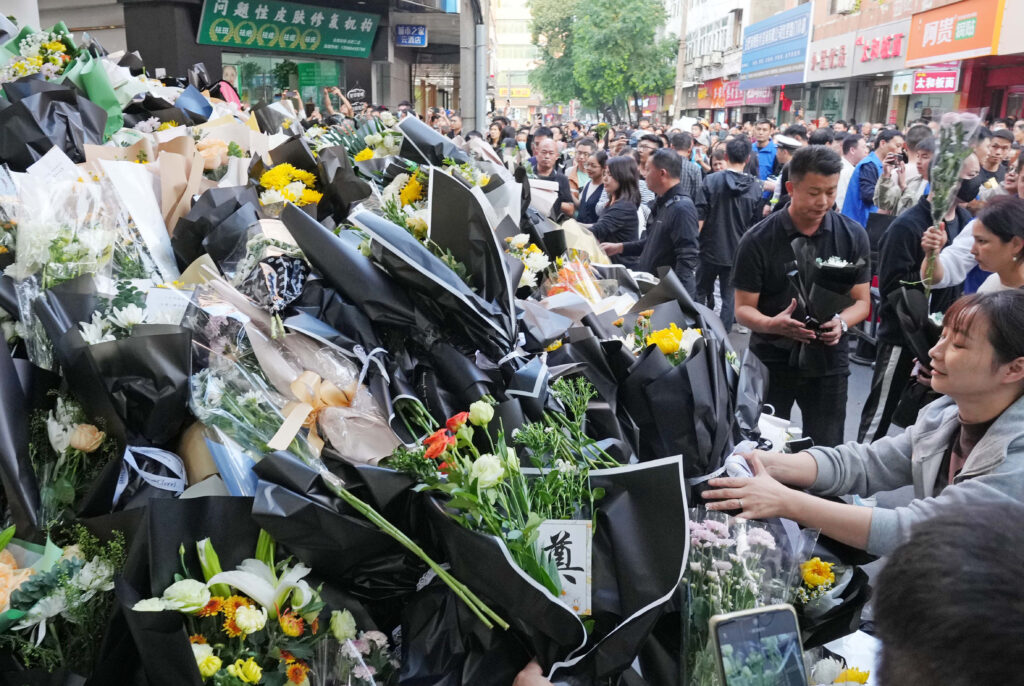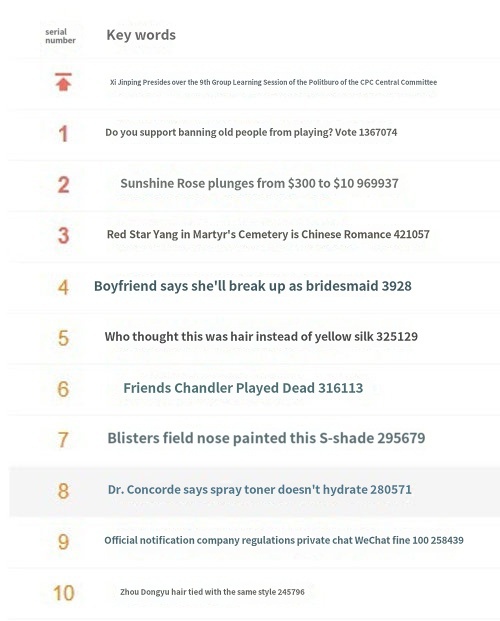
Former Prime Minister Li Keqiang, who is considered the “last competitor” of Chinese President Xi Jinping, died suddenly on the 27th, and authorities are wary of the spread of memorial fervor. It is interpreted that former Prime Minister Li’s death could ignite anti-Xi Jinping sentiment at a time when public backlash against President Xi has risen due to long-term power and economic slowdown.
Authorities are also wary of the fact that the Tiananmen pro-democracy movement in June 1989 was also a memorial service for former general secretary Hu Yao-bang. At that time, the fervor of remembrance for the former secretary Hu, who was strongly determined to reform, spread to anti-government protests, and a major backlash occurred when armed suppression and bloodshed occurred. It is also observed that authorities concerned about similar things are taking a kind of “media control.”
Questions are also being raised over the reason for Li’s death. Hong Kong’s South China Morning Post (SCMP) reported on the 28th that he had undergone coronary artery bypass surgery in the past and died of a heart attack while swimming at a hotel in Shanghai. Hu’s death was also a heart attack.
The SCMP reported on the 28th that Chinese authorities have ordered some universities not to engage in personal condolence activities for former Prime Minister Li. An official from a university in Beijing told the SCMP, “The school does not want students to organize their own mourning events. More than 30 years ago, there was an unnecessary disturbance in a similar situation,” he said. ‘Unnecessary disturbance’ means Tiananmen protest. Authorities still refer to the Tiananmen protest as a “1989 Spring and Summer political wave.” A lecturer at Shanghai Zhao Tung University, a prestigious university in China, also disclosed, “I was instructed by the school not to make inappropriate remarks regarding former Prime Minister Li’s death.” Hainan University is also known to have been instructed by former Prime Minister Li’s political base, the Communist Youth Corps, to “instruct students not to post memorial messages on social media.”

The authorities’ move is due to the recent lack of public sentiment among young people. China’s youth unemployment rate reached 21.3 percent in June this year, the highest since the statistics were compiled. Since then, the authorities have not even disclosed the youth unemployment rate at all. In this situation, they are concerned that young people may appreciate former Prime Minister Li, who called for “growth” rather than President Xi, who values “distribution.”
It is also important to note that young people led the “blank protest” late last year. Those who protested the strict “Zero Corona” quarantine policy protested with white paper, chanting “Xi Jinping resignation.”Citizens are gathering in memory of Li at his home in Anhui Province, where he spent his childhood. In front of the house where the deceased lived, a procession of mourners continued and chrysanthemums piled up, leaving no room to step on, and videos of some citizens shedding tears also appeared on social media.
However, it is difficult to find news on Li’s death on major Chinese portals and social media such as Weibo and Baidu. On the 28th, the day after his death, most of the news related to death was posted on the real-time top search word, but this disappeared after the 29th. As a result, there is a possibility that the Chinese authorities, who do not want to spread the enthusiasm for memorialization, may have intervened.
State media is also downplaying the death of Li. The People’s Daily, the official newspaper of the Communist Party, and the state-run Xinhua News Agency simply handled the obituaries. Even after that, he can hardly be seen shedding light on his achievements. Weibo accounts such as Huanqiu Shibao took measures to prevent anyone from seeing comments written about his death at all.
Li’s body was reportedly moved to Beijing for a funeral. However, the specific funeral schedule has not yet been disclosed.



